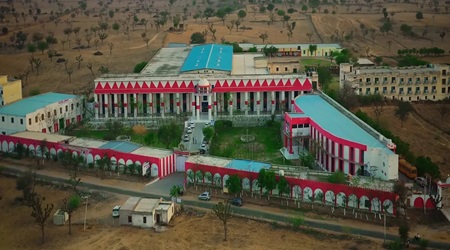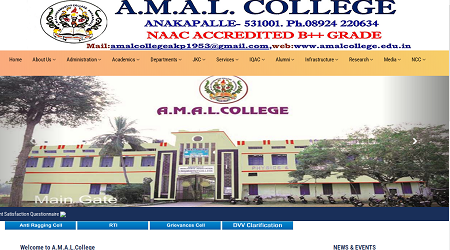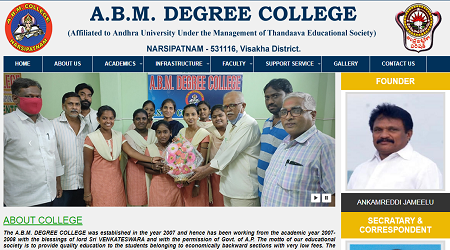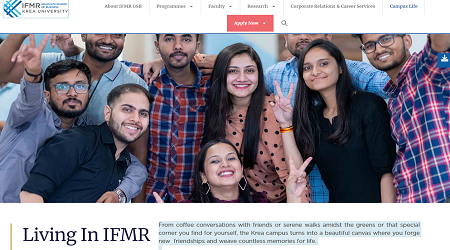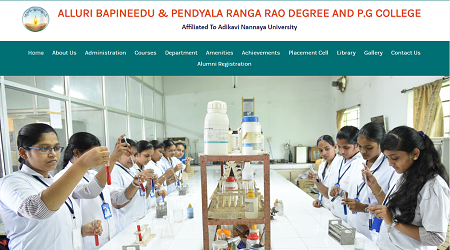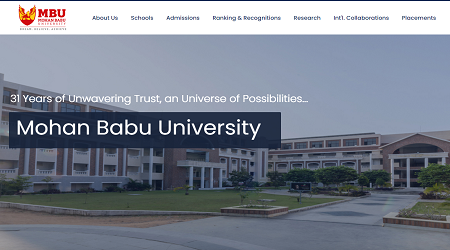what is higher education
what is higher education what is higher education mean what is higher education administration what is higher education experience what is higher education institution what is higher education expenses what is higher education opportunity program what is higher education act what is higher education industry what is higher education act of 1965 what is higher education degree what is higher education accreditation what is higher education and secondary education what is higher education advancement what is higher education and training what is higher education and training in nsfas what is higher education act of 1994 what is higher education applicant id what is the higher education act what is access to higher education what is the higher education act of 1965 what is higher certificate in education at unisa what is secondary and higher secondary education what is the higher education academy what is the higher education authority what is council for higher education accreditation what is active learning in higher education what is higher education bursary what is higher education community bursary what is higher education in bangladesh what is university b ed what is a higher education account barclays what is board higher education what is meant by higher education what is the texas higher education coordinating board what is banner in higher education what is blended learning higher education what is the difference between further education and higher education what is the difference between higher education and secondary education what is digital badging in higher education what is the benefit of higher education what is performance-based funding in higher education what is higher education considered what is higher education calledHigher education, any of various types of education given in postsecondary institutions of learning and usually affording, at the end of a course of study, a named degree, diploma, or certificate of higher studies. Higher-educational institutions include not only universities and colleges but also various professional schools that provide preparation in such fields as law, theology, medicine, business, music, and art. Higher education also includes teacher-training schools, junior colleges, and institutes of technology. The basic entrance requirement for most higher-educational institutions is the completion of secondary education, and the usual entrance age is about 18 years.
THREE_BUTTON
Position of Higher Education within Educational Cooperation Areas
- Pre-school Education
- Primary Education
- Secondary Education
- Higher Education
Roles of Higher Education
- Development of Human Resources Necessary for Economic and Social Development
- Creation and Diffusion of Knowledge
- Development of a Healthy Civil Society and Cultivating Social Cohesion

Environment Surrounding Higher Education
- Transition from an Industrial Society to a Knowledge Society
- Globalization of Society, Economy and Information
- Rising Demand for Higher Education
- Changes in the Political and Social Environment of Developing Countries
THREE_BUTTON
Current Situation and Issues in Higher Education
- Enrollment Expansion and Gaps between Groups
- Limited Financial Resources
- Declining Quality
- Diversified Needs
Higher Education Qualifications
The Framework for Higher Education Qualifications (FHEQ) contains descriptions of all the main higher education qualifications. Higher education qualifications mainly relate to levels 4 – 8 of the FHEQ. The main qualifications are:
- Postgraduate qualifications
- Bachelor’s degrees
- Higher National Certificates (HNC) and Higher National Diplomas (HND)
- Foundation degrees
- Certificates and other academic awards granted by a university or higher education college (but not honorary degrees and higher doctorates
- Qualifications: what the different levels mean
Research your career
Choosing what career is right for you is an opportunity to look at what kind of person you are, what kind of life you want and how you can achieve your goals in the real world.
Before making any career decisions it may be helpful to research the following areas to help you decide on your potential career direction:
- Skills and entry requirements
- Future options with your subjects/qualifications
- Vacancies that employers find hard to fill
- Where jobs are advertised (local or abroad)
- Skills in demand – where the jobs are now and likely to be in the future
THREE_BUTTON
Latest News & Updates
- GNA University Phd in Information technology Admission 2024-25, Fees and Research Assistance
- GNA University Phd in Computer Science Admission 2024-25, Eligibility, Fees and Guidelines
- GNA University Phd in Pharmaceutical Sciences Admission 2024-25, Eligibility, Fees and Guidelines
- GNA University Phd in Tourism Admission 2024-25, Fees and Research Assistance
- GNA University Phd in Mass Communication and Journalism Admission 2024-25, Eligibility, Fees and Guidelines
- GNA University Phd in Mechanical Engineering Admission 2024-25, Fees and Research Assistance
- GNA University Phd in Mathematics Admission 2024-25, Eligibility, Fees and Guidelines
- GNA University Phd in Chemistry Admission 2024-25, Eligibility, Fees and Guidelines
- GNA University Phd in Physics Admission 2024-25, Fees and Research Assistance
- GNA University Phd in Business Management and Commerce Admission 2024-25, Eligibility, Fees and Guidelines
Top Courses
- BACHELOR OF ARTS IN ADVERTISING AND BRAND MANAGEMENT
- BACHELOR OF BUSINESS ADMINISTRATION IN AVIATION
- BACHELOR OF LEGISLATIVE LAW
- Bachelor of Dental Surgery
- BACHELOR OF ARTS IN ANCIENT HISTORY
- BACHELOR OF ARTS IN ANCIENT INDIAN CULTURE
- BACHELOR OF DESIGN
- BACHELOR OF ARTS IN ANCIENT HISTORY
- Bachelor of Arts
- BACHELOR OF TECHNOLOGY

